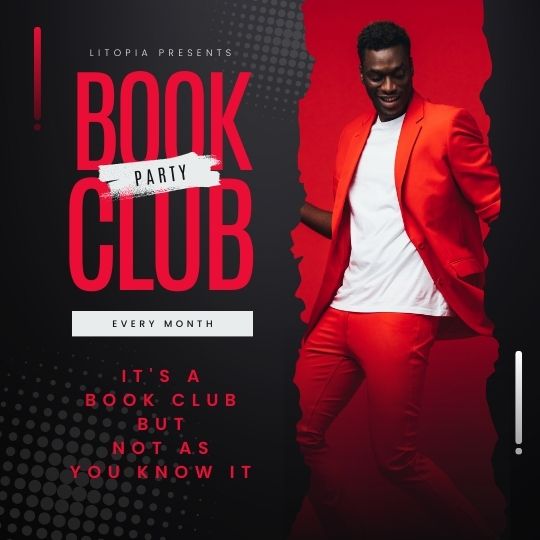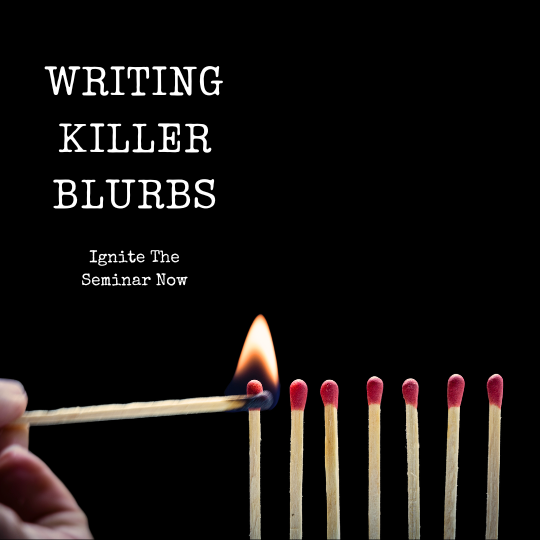Hearing lots of good things about Steve Almond's book the Art of Good Stories (now to actually get a copy here in darkest wherever).
This is a recent interview at XYZZYVA. I thought this extract on Show don't Tell was interesting.
"Z: Another observation I found especially resonant is how many writers you’ve taught seem to have taken their cues from TV shows and films rather than from books: “I continue to encounter manuscripts with far too much vivid camera work and far too little actual storytelling. Vital information has been withheld, and the result, I often feel, is that I am not being told a story at all, so much as being asked to solve a puzzle.” The way to remedy this, you note, is to make sure your story has a bona fide narrator, i.e. someone who tells. Showing can only take us so far. Why do you think the bromide “show, don’t tell” persists?
"SA: Well, to begin with, it’s a very useful idea. Readers want to see moments of passion and betrayal dramatized, not summarized. We want to be inside the characters, in real time, when shit is going down. Completely get that. The problem is that this workshop mantra has become a kind of mindless dogma. Writers think that if they’re writing in scene it’s automatically more compelling to the reader than exposition. And that’s simply not true if the reader has no idea what’s happening in a scene, or what’s at stake. The reason this has become dogma has to do with two forces.
"First, the fact that TV and movies are the dominant forms of storytelling in our culture. This means that most writers come to the keyboard feeling deeply insecure, worried that the reader will wander off to Netflix unless they, the writer, hooks them immediately by plunging them into some moment of chaos. Sadly, agents and editors—who are operating under the same pressures—tend to reinforce this message, so that it becomes a kind of groupthink echo chamber.
"We’ve lost faith in the power of traditional narration. In our panic to enthrall the reader, we’ve forgotten that the reader isn’t picking up a book because they want to watch a movie. They’re picking up a book because they want to hear a story. And they want a narrator who can guide them through that story, who can tell them who they should care about, and what sort of ruin or redemption awaits. You don’t have to ditch show-don’t-tell to do that. You just have to modify it a bit. Tell me just enough that I can feel what I’m being shown."
his web site includes a bunch of stuff he is doing for promotion, which might be a guide/playbook for others...
This is a recent interview at XYZZYVA. I thought this extract on Show don't Tell was interesting.
"Z: Another observation I found especially resonant is how many writers you’ve taught seem to have taken their cues from TV shows and films rather than from books: “I continue to encounter manuscripts with far too much vivid camera work and far too little actual storytelling. Vital information has been withheld, and the result, I often feel, is that I am not being told a story at all, so much as being asked to solve a puzzle.” The way to remedy this, you note, is to make sure your story has a bona fide narrator, i.e. someone who tells. Showing can only take us so far. Why do you think the bromide “show, don’t tell” persists?
"SA: Well, to begin with, it’s a very useful idea. Readers want to see moments of passion and betrayal dramatized, not summarized. We want to be inside the characters, in real time, when shit is going down. Completely get that. The problem is that this workshop mantra has become a kind of mindless dogma. Writers think that if they’re writing in scene it’s automatically more compelling to the reader than exposition. And that’s simply not true if the reader has no idea what’s happening in a scene, or what’s at stake. The reason this has become dogma has to do with two forces.
"First, the fact that TV and movies are the dominant forms of storytelling in our culture. This means that most writers come to the keyboard feeling deeply insecure, worried that the reader will wander off to Netflix unless they, the writer, hooks them immediately by plunging them into some moment of chaos. Sadly, agents and editors—who are operating under the same pressures—tend to reinforce this message, so that it becomes a kind of groupthink echo chamber.
"We’ve lost faith in the power of traditional narration. In our panic to enthrall the reader, we’ve forgotten that the reader isn’t picking up a book because they want to watch a movie. They’re picking up a book because they want to hear a story. And they want a narrator who can guide them through that story, who can tell them who they should care about, and what sort of ruin or redemption awaits. You don’t have to ditch show-don’t-tell to do that. You just have to modify it a bit. Tell me just enough that I can feel what I’m being shown."
his web site includes a bunch of stuff he is doing for promotion, which might be a guide/playbook for others...






